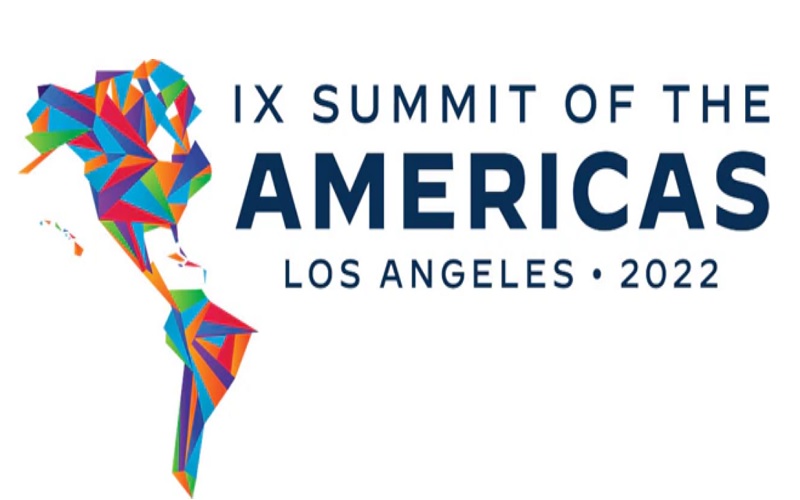By continuing to become an increasingly independent pole of influence amidst the global systemic transition to multipolarity, the Latin American countries literally contribute to changing the world for the better. They show how isolated the US is from the Global South, which discredits its propagandistic innuendo to have returned to its former superpower status in recent months.

US observers are becoming increasingly worried that next month’s Summit of the Americas in Los Angeles is about to be one of the Biden Administration’s worst-ever foreign policy embarrassments following last August’s chaotic evacuation from Afghanistan.
Politico headlined a piece about how “Biden’s Americas summit is drawing jeers and threats of boycott”, which reported that several Latin American leaders are threatening to boycott the event if Cuba, Nicaragua, and Venezuela aren’t invited to attend.
While Antigua, Barbuda, and Bolivia might not be a big deal in the grand scheme of US strategy towards the hemisphere, Brazil and Mexico’s abstention would make the event utterly meaningless since they alone count for half of the region’s population as Politico reminded their audience.
None of this should be surprising to astute observers.
The former Trump Administration largely neglected Latin America and destabilized those parts of it that Washington actually paid attention to.
Biden silently continued that policy, which has been thrown on the backburner in recent months as the US wages its proxy war on Russia through Ukraine.
About that, the $40 billion in comprehensive emergency aid that Congress just authorized for that former Soviet Republic must also fill Latin American countries with resentment since many have been asking for a fraction of that amount to deal with drugs, illegal immigration, and poverty yet haven’t received anything.
That just goes to show that the US lacks the political will to help the region meet its needs since it has nothing to gain from doing so whereas it believes that it’s to the benefit of its grand strategic interests to fully support Ukraine.
Latin American leaders might have still considered attending if only to make another effort to receive some form of aid but clearly won’t feel like disrespecting themselves and their countries by attending an event that several of their peers haven’t been invited to.
Those who still go obviously have their own reasons for doing so, but it reflects poorly on their governments and suggests an element of economic desperation that takes precedence over solidarity with the region.
Some might try to portray their potential attendance as part of a balancing act or at the very least an attempt to retain cordial and working ties with the US hegemon, but it would be better for everyone if they all worked together as a bloc in order to send the powerful message to Washington that its selective standards are an unacceptable relic of a bygone era.
The US has historically divided and ruled Latin America, but its people have always resisted this Machiavellian policy, which explains why the region’s ties with it have ebbed and flowed across the decades.
With Lula slated to return to the presidency later this year and likely to pursue a policy of neutrality in the New Cold War that by default supports the multipolar conservative-sovereigntist (MCS) position against the unipolar liberal-globalist one (ULG), the balance of influence in Latin America will decisively shift away from Washington and towards the emerging Multipolar World Order.
The symbolic boycott of many Latin American leaders from next month’s event would set the regional tone for the game-changing developments that might soon follow later this year, hence why it’s so important for them to stick to their guns and not be swayed to reconsider their principled position.
In that scenario, there’d be no doubt that while the US succeeded in reasserting its unipolar hegemony over the EU in response to Russia’s ongoing special military operation in Ukraine, it nevertheless unwittingly lost the same region that it historically regarded as its so-called “backyard”, Latin America.
By continuing to become an increasingly independent pole of influence amidst the global systemic transition to multipolarity, the Latin American countries literally contribute to changing the world for the better.
They show how isolated the US is from the Global South, which discredits its propagandistic innuendo to have returned to its former superpower status in recent months.
In reality, all that the US did in was solidify the Western Civilizational bloc that it envisions leading in the Multipolar World Order while losing the rest of the world in the process.
By Andrew Korybko
Published by One World Press
Republished by The 21st Century
The views expressed in this article are solely those of the author and do not necessarily reflect the opinions of 21cir.com
